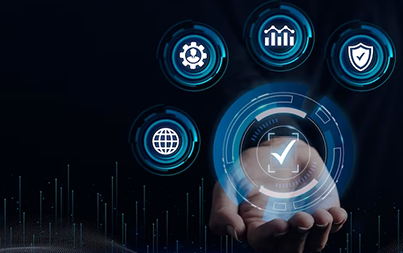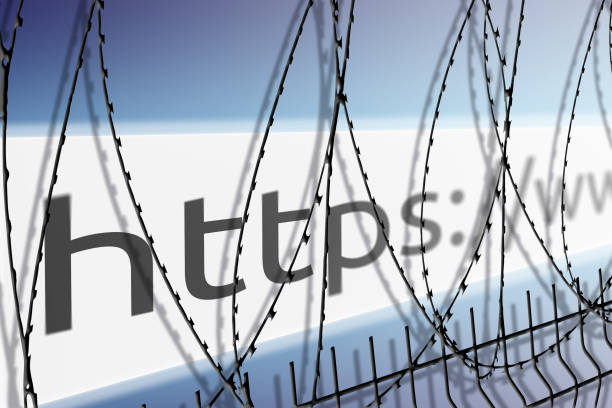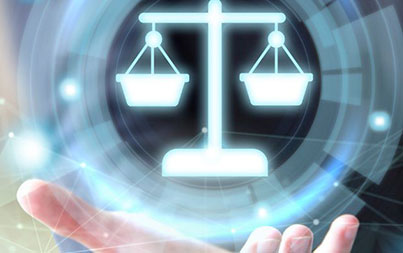
The idea of the LiFE campaign was introduced at the 26th United Nations Climate Change Conference of the Parties (COP26) in Glasgow in 2021.
 Introduction of Life Movement
Introduction of Life Movement
The idea of the LiFE campaign was introduced at the 26th United Nations Climate Change Conference of the Parties (COP26) in Glasgow in 2021.
The Lifestyle for the Environment (LiFE) Movement was launched by Prime Minister Shri Narendra Modi on the 5th of June, 2022 Via video conferencing. He mentioned that a lifestyle that is in tune with our planet and does not harm it in any way is the vision of LiFE, and the people living in such a lifestyle are known as Pro- Planet People. This concept of LiFE actively borrows from our past while operating in our present and focussing on the future. Its emphasis is the concept of Reduce, Reuse and Recycle. LiFE will adopt a circular economy rather than the old-fashioned ‘use and dispose of’ economy. LiFE’s mission promote a healthy lifestyle. This mission encourages individuals to alter some activities and old habits of their daily lives and transform them in a way that can significantly contribute to climate change, the environment, and the eradication of pollutants if done by everyone. This will also help the people of this planet by freeing them from the shackles of natural disasters, climate change, and pollution and giving them their health rights.
This mission will also ascertain that the upcoming generation of unborn human life will be introduced to a planet that is plentiful in its resources and has all its wildlife intact. There are also several Legal implications made to facilitate the LiFE mission.
Core Principles of Sustainability, Spirituality, and Simplicity
- Sustainability– We as a community of people are faced with the challenge of saving our planets from our very selves for the current generation as well as for unborn human life. A lot of damage has been caused and it is now time to sustain which means preventing any further damage whilst making amends. The LiFE mission recalls that Mahatma Gandhi talked about a zero-carbon lifestyle and was motivated to follow the principles of reuse, reduce, and recycle.
- Spirituality– mission LiFE should not just be viewed as a task but also as something in which people keep their faith. If we want to claim our health rights then we must put our actions to work. A faith or culture is never too strong until people with differences come together and enrich it. In the same way, this initiative is nothing if people from all backgrounds don’t consider it as their number one responsibility towards their planet.
- Simplicity– if everyone starts adopting pro-planet behavior by taking baby steps then together, we can build a green industrial revolution. Our prime minister assured us that by adopting some simple, healthy green practices in our daily lives, we can very easily accomplish any hindrance that stands in the way of this vision
India’s Legal Framework: A Catalyst for Eco-Friendly Progress in the LiFE Movement
India has diverse sources of energy including coal, oil, and natural gas (conventional sources) however, the share of renewable energy remains a meager one-fifth of the total power generation in India. India has a high demand for resources since it is the most populated country in the world but the receding natural resources are in no position to foster the demands of their growing population and there is a very good chance that things will worsen for the unborn human life. Overuse of resources is also causing pollution and environmental damage which in turn adds to global warming and climate change. The LiFE movement is a great initiative in this time of crisis to preserve our natural resources by giving them time to replenish our health.
There are a few Legal Implications that have been taken to accelerate this movement.
Electrification of the entire country of India including the rural areas by using renewable sources of energy is a primary goal and since India is a ‘sunshine country’ because it receives a lot of solar energy, it is important to put it to use efficiently. The LiFE campaign also promotes the use of renewable sources of energy in our daily lives.
The Electricity (Amendment) Bill which came in 2018 requires that stations generating power through coal set up stations for power generation through renewable energy sources. The failure to do the stated will be punished with a penalty.
Together the free will and legal implications can bring the life mission to life by making sure that every individual understands the importance of bringing green practices into their daily habits.
Preserving Cultural Wisdom: The Legal Shield for Sustainable Living – Insights from the G-20 Summit
In times of economic disruption, the issue of sustainability is often overlooked. Living heritage, which encompasses traditional knowledge systems and cultural practices, is often seen as an enabler to build a pro-planet society. These practices can help achieve environmental sustainability as well as improve economic well-being.
Living heritage serves as social capital for communities, providing a sense of shared identity, fostering social cohesion, and promoting cultural continuity across generations. Many of these practices prioritize the use and reuse of natural resources, contributing to waste reduction and maintenance of a balance between social, economic, and environmental factors, thus contributing to sustainability. However, these traditional practices face the threat of misuse and cultural appropriation of elements, design, or knowledge of indigenous communities by transnational companies. Therefore, we need methods to not only safeguard them but also protect them from misappropriation. Given the important role that living heritage plays in addressing the various dimensions of sustainability and recognizing the various challenges it faces, the G20 members must acknowledge the importance of protecting, preserving, and strengthening our traditional cultural practices and knowledge systems. To achieve this, the Culture Working Group under India’s G20 Presidency aims to mobilize the support of member states in promoting these practices by leveraging existing initiatives of members and mainstreaming living heritage in policy frameworks. Embodying the concept of ‘One Earth, One Family, One Future’, through the theme ‘Vasudhaiva Kutumbakam’, India assumed the G20 Presidency on December 01, 2022. India’s G20 Presidency is predicated on Lifestyle for Environment (LiFE), emphasizing the significance of environmentally sustainable and responsible choices, spanning from individual lifestyles to national development. The CWG, under India’s G20 Presidency, strives to position culture at the heart of policymaking by articulating and enhancing collaboration on the four priority areas – Protection and Restitution of Cultural Property, Harnessing Living Heritage for a Sustainable Future, Promotion of Cultural and Creative Industries and Creative Economy, and Leveraging Digital Technologies for the Protection and Promotion of Culture.
Living heritage also pertains to impalpable artistic heritage according to the UNESCO 2003 Convention on the Safeguarding of Intangible Cultural Heritage – which encompasses traditional artistic practices, knowledge systems, and living expressions that are passed down across generations – is a critical element of the world’s artistic diversity and should be shielded and sustained for present and unborn generations. The safeguarding of living heritage thus requires strengthened and more systemic policy engagement at global, national, and local levels to address these threats in a comprehensive, concerted, and sustainable manner. While the safeguarding of intangible heritage is primarily owned by its bearers within concerned communities, strengthening national and local institutional and policy frameworks dedicated to intangible heritage is equally critical to acknowledge, support, and sustain safeguarding efforts over time that are ensured by communities themselves. Intangible cultural heritage was firmly anchored in the rationale of the UNESCO MONDIACULT Conference on Cultural Policies and Development in 1982 which recalled that culture is “the whole complex of distinctive spiritual, material, intellectual and emotional features that characterize a society or social group, [including] not only the arts and letters but also modes of life, the fundamental rights of the human being, value systems, traditions and beliefs”. Such a global commitment back in 1982 set the ground for subsequent policy development related to the promotion and safeguarding of intangible cultural heritage, notably the adoption of the UNESCO 1989 Recommendation on the Safeguarding of Traditional Culture and Folklore, the 1996 Report “Our Creative Diversity” or the 1997 Proclamation of Masterpieces of the Oral and Intangible Heritage of Humanity, leading to the adoption in 2003 of the UNESCO Convention for the Safeguarding of the Intangible Cultural Heritage. More Lately, the protestation of the UNESCO World Conference on Cultural programs-MONDIACULT 2022, approved unanimously by 150 ministers of culture, reiterated the global “ commitment to cover and promote artistic diversity, as the foundation of the identity of peoples and the founding principle of all UNESCO Conventions, Recommendations, and Affirmations in the field of culture, thick from respect for mortal quality and all mortal rights, embodied in artistic heritage – including knowledge systems, practices, objects, and artistic spots – as well as in verbal diversity ”, further italicizing countries ’ responsibility to “ensure the conservation securing and creation of the entire artistic sector including artistic heritage, both palpable and impalpable, as an ethical imperative. In this way, the legal system and various conventions play a vital role in safeguarding the traditional heritage method of sustainable development which was also discussed in the G20 summit a series of times.










